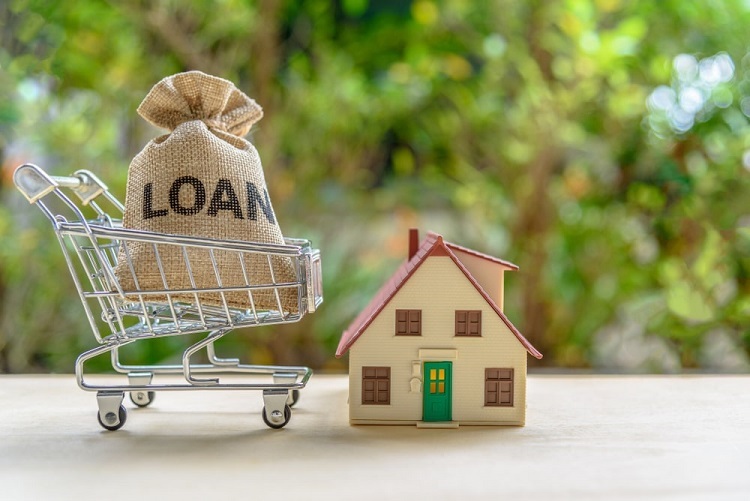There is an unwritten rule in real estate that says mortgage rates are higher on vacation homes. It is unwritten only in the sense that banks and private lenders are free to offer mortgages in whatever way they see fit. But as a general rule, vacation home builders and buyers alike tend to pay higher interest rates. Down payment requirements and property taxes tend to be higher as well.
All of this makes sense if you understand how the real estate market works. For those who do not, the explanation is simple enough. It all boils down to two things: the purpose of a vacation home and property values in typical vacation home hot spots.
Table of Contents
Charging Higher Interest Rates
Interest is the principal means by which mortgage lenders make money. A lender might loan $500,000 to a couple hoping to build their dream vacation home in Park City, Utah. Even at a fairly low 3% rate, the amount of interest the lender could makeover a 30-year term would be quite substantial.
Here’s the thing about vacation homes: they present a higher risk for mortgage lenders. Vacation homes tend to either sit vacant when not in use by the owners or get rented out to bring in extra money. Both options increase the lender’s risk simply because there is no one around with a vested interest in maintaining the property. Thus, lenders charge higher interest rates to protect themselves.
Lenders also have to consider whether or not vacation homeowners are living on the financial edge. If buying or building a second home stretches a borrower’s budget to the limit, the lender’s risk goes up even further.
Requiring Higher Down Payments
Another way that banks manage risk is by requiring down payments. In the current market, it is possible to buy a primary residence with as little as 5% down. Some mortgages offer qualified buyers 100% financing, which is to say that no down payment is necessary. Such generosity is rare for a vacation home mortgage.
According to realtor.com’s Erica Sweeney, downpayments on vacation homes start at 10%. They can go up to 15% or higher depending on location, property value, and other factors. It all goes back to risk. Lenders can reduce their risk by requiring borrowers to put more skin in the game.
Vacation Homes and Property Taxes
You might not think it, but property taxes affect home mortgage rates as well. Why? Because lenders are always taking a risk that a home they have mortgaged will be seized and sold to pay delinquent taxes. The higher the property taxes in relation to the value of the home, the greater the risk.
Sparano + Mooney, a modern architectural firm in Park City, explains that property taxes in popular tourist destinations tend to be comparatively high. People who can afford to build brand-new vacation homes in such areas tend to have fewer concerns about taxes, but some concern is always present.











